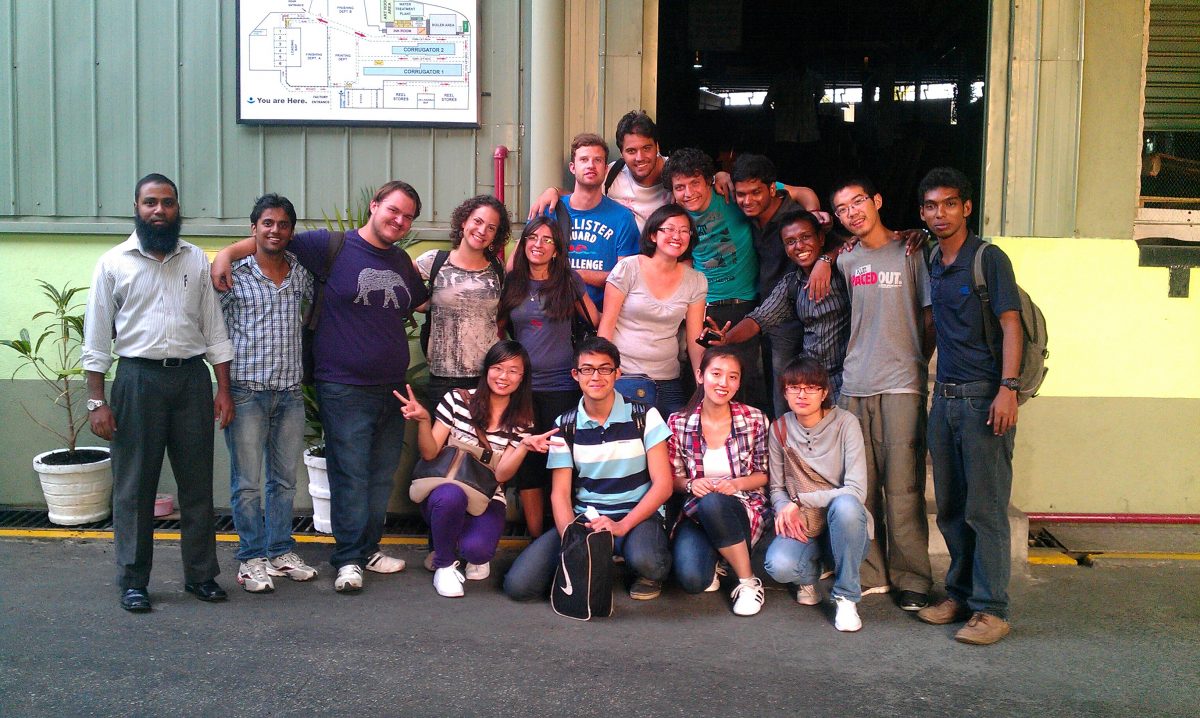
Whether you are a start-up, a government office, a factory, or in the service industry, a healthy work culture and employee satisfaction is vital to any workplace. A content employee leads to a lower staff turnover, and has positive ripple effects both within the company and outside. Often, when an employee is dissatisfied, it shows.
Doing the right thing at the right time is integral for business success.
Inculcate a culture of employee empowerment and engagement

Open communication and regular engagement between employees and their superiors is very important. Image courtesy blog.synergita.com
Every employee needs to know that they are a valued part of the organisation and that they matter to the company.
Ensure hardworking employees know that the work they do is appreciated and always acknowledge and reward achievements. Recognising innovation at work is a significant part of employee satisfaction – it nudges employees to go beyond their job roles, fosters an atmosphere of creativity and positivity, and encourages loyalty. Conversely, if employees are failing to toe the mark, let them politely but firmly know their progress is being monitored and take remedial action when necessary.
Simultaneously, a company should regularly engage with their employees and make sure that two-way communication and listening is a part of the company work ethic – disengaged and disillusioned employees have multiple negative ripple effects
Emphasise a work-life balance
It is important that companies recognise their employees have roles outside the office and be respectful of this. Making sure overtime is duly compensated and that good HR practices are a part of your work culture is important.
Working conditions and infrastructure

A newly refurbished cafeteria at Expack Pvt. Ltd. Clean, comfortable working environments are more conducive to employee satisfaction.
Your organisational infrastructure and working conditions play a huge role in employee satisfaction. It’s hard to do your job without the supporting infrastructure, and a lack of it can be a factor of stress and dissatisfaction.
Is the environment your employees work in clean, safe and pleasant? Does your office have an ambience that people enjoy coming to each day? Does your office have safety mechanisms in place in case of an emergency? Are there good sanitation facilities? These are all vital questions that employers should ask themselves to make sure that working conditions are at an optimum level. A review of existing infrastructure and upgrading must be done regularly to ensure smooth operations.
Training and development
Nothing is more demotivating than stagnancy and work monotony. Workplaces need to regularly reassess how new skills are being developed and if the right people are in the right roles. An absence of regular training and development could lead to job dissatisfaction, work complacency (which in turn has negative effects on productivity) and frustration.
Regular training and development is a must. In addition to training, employers should also encourage job rotation to relieve work monotony and build expertise.
Benefits

Added employee benefits are always appreciated. Image courtesy barterbing.org
Underpaid and overworked staff can unbalance the equilibrium of a company. It goes without saying that employees should be paid well in commensurate with their experience, responsibilities, and designation.
Some companies also offer medical benefits, subsidised meals, financial assistance and leave for education purposes as additional work perks – these are tough times for everyone and a little help goes a long way.
This article is sponsored by Expack (Pvt) Ltd
Featured image courtesy thebettterindia.com








